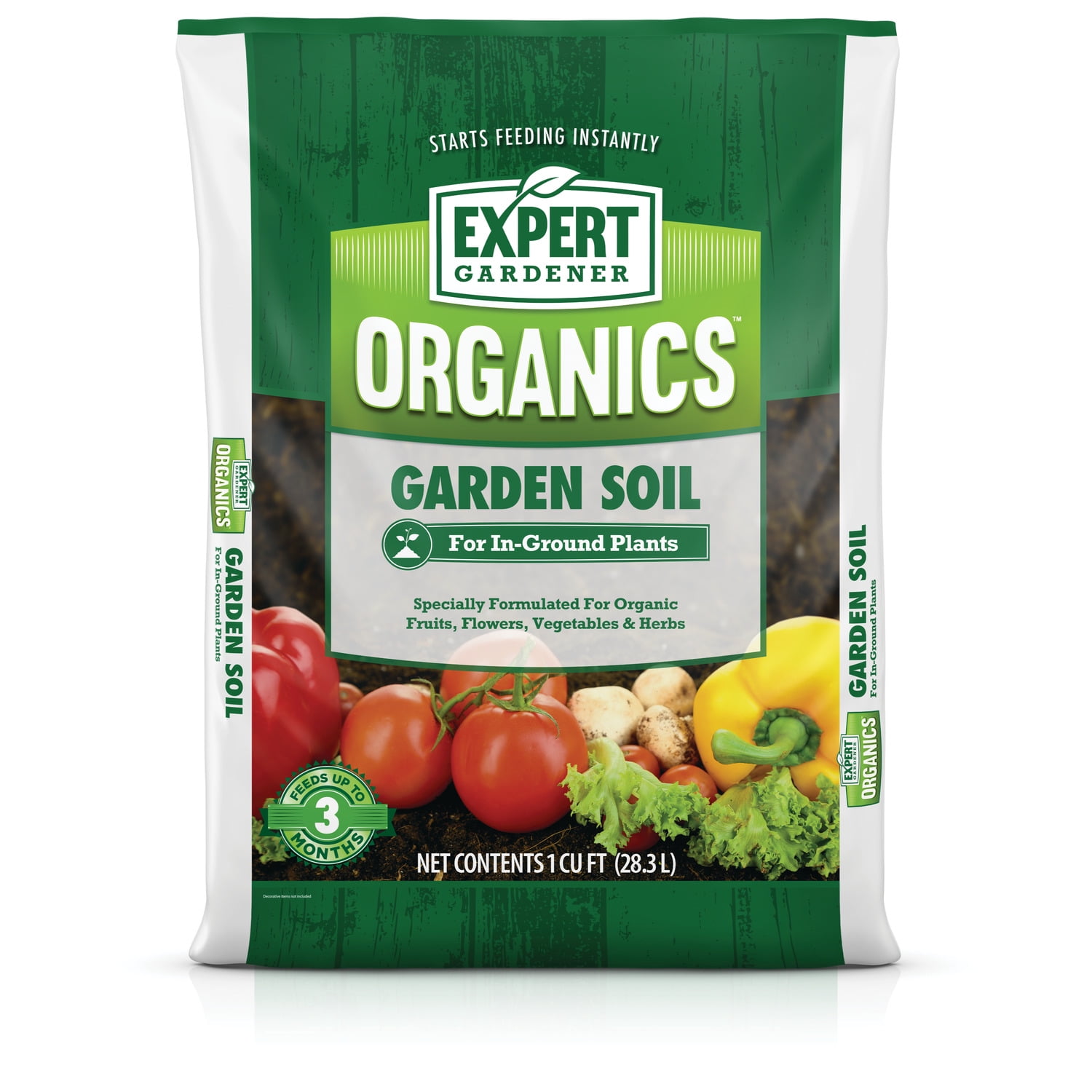Best Organic Soil for Small Gardens

Best Organic Soil for Small Gardens
Gardening is a delightful hobby that can transform even the smallest of spaces into a lush oasis. But the foundation of any successful garden lies in its soil. So, what is the best organic soil for small gardens? Let's dive in and find out!
Why Organic Soil for Your Small Garden?
Organic soil is not just dirt; it's a living ecosystem that nourishes your plants. It's free from synthetic chemicals, making it eco-friendly and perfect for sustainable gardening. Plus, it improves the structure and drainage of your soil, making it easier for your plants to access water and nutrients.
Understanding Organic Soil: The Basics
Organic soil is composed of natural materials like plant and animal waste. It's typically rich in organic matter, which helps to improve soil structure, increase water retention, and promote healthy plant growth. But what makes for the best organic soil for small gardens?
Key Ingredients in the Best Organic Soil
The best organic soil for small gardens usually includes a mix of:
- Compost: Decomposed organic matter that improves soil structure and fertility.
- Peat Moss: A type of organic matter that helps to retain moisture and aerate the soil.
- Perlite or Vermiculite: Minerals that improve soil drainage and aeration.
- Organic Fertilizer: Natural substances like bone meal, blood meal, or fish emulsion that provide essential nutrients.
Benefits of Using Organic Soil
Using the best organic soil for small gardens offers numerous benefits:
- Improved Soil Structure: Organic matter helps to bind soil particles together, creating a better environment for plant roots.
- Better Water Retention: Organic soil can hold more water, reducing the need for frequent watering.
- Nutrient-Rich: Organic soil is packed with nutrients that your plants need to thrive.
Top Picks for the Best Organic Soil for Small Gardens
Here are some of the best organic soil options for your small garden:
- Espoma AP8 Organic Potting Mix: This mix is perfect for container gardening and includes peat moss, perlite, and earthworm castings.
- Dr. Earth Organic Potting Soil: This soil is enriched with a wide range of organic materials, including compost, peat moss, and perlite.
- Black Gold Natural & Organic Potting Soil: This option is ideal for both indoor and outdoor plants and includes a blend of peat moss, perlite, and pumice.
How to Choose the Best Organic Soil for Your Small Garden
When choosing the best organic soil for small gardens, consider the following:
- Plant Type: Different plants have different soil needs. Research what your plants prefer.
- Garden Location: Is your garden in a sunny spot or a shady corner? Soil requirements can vary based on location.
- Soil pH: Some plants prefer acidic soil, while others thrive in alkaline conditions. Test your soil pH to make sure it's suitable for your plants.
Soil Amendments: Boosting Your Organic Soil
Soil amendments can enhance the quality of your organic soil. These can include:
- Compost: Adds organic matter and nutrients.
- Mulch: Helps retain moisture and suppresses weeds.
- Gypsum: Improves soil structure and drainage.
Tips for Maintaining Healthy Organic Soil
Maintaining healthy organic soil involves a few simple steps:
- Regular Composting: Adding compost to your soil helps to replenish nutrients.
- Mulching: A layer of organic mulch can help retain moisture and suppress weeds.
- Crop Rotation: Rotating your crops helps to prevent soil depletion and pest problems.
Common Mistakes to Avoid
Avoid these common mistakes when using organic soil:
- Over-Watering: Too much water can lead to waterlogging and root rot.
- Ignoring pH Levels: Soil pH affects nutrient availability. Make sure it's suitable for your plants.
- Neglecting Soil Testing: Regular soil testing can help you identify and address any nutrient deficiencies.
Where to Buy the Best Organic Soil for Small Gardens
You can find the best organic soil for small gardens at your local nursery or online at www.gardners.com. They offer a wide range of organic soil options to suit every gardening need.
Conclusion
Choosing the best organic soil for small gardens is crucial for the health and success of your plants. By understanding the key ingredients, benefits, and maintenance tips, you can create a thriving garden that's both beautiful and sustainable.
FAQs
What is the best organic soil for small gardens? The best organic soil for small gardens typically includes a mix of compost, peat moss, perlite or vermiculite, and organic fertilizer.
Why is organic soil better for small gardens? Organic soil is better for small gardens because it improves soil structure, retains water, and is rich in nutrients, promoting healthy plant growth.
How do I choose the best organic soil for my small garden? Consider the type of plants you're growing, the location of your garden, and the soil pH when choosing the best organic soil for your small garden.
What are some common soil amendments? Common soil amendments include compost, mulch, and gypsum, which can enhance the quality of your organic soil.
Where can I buy the best organic soil for small gardens? You can buy the best organic soil for small gardens at your local nursery or online at www.gardners.com.
0 Response to " Best Organic Soil for Small Gardens"
Post a Comment